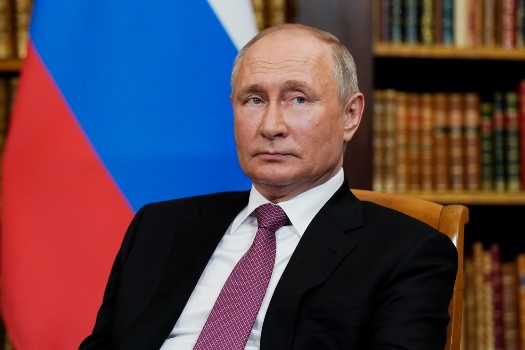Former chairman Kai-Uwe Ricke and supervisory board president Klaus Zumwinckel were more involved than initially thought, Heinz Klinkhammer told the business daily Handelsblatt.
The biggest European telecoms operator by revenue has acknowledged that it hired an outside firm to track hundreds of thousands of phone calls by senior executives and journalists in 2005 and 2006 to identify sources of leaks to the press.
A Deutsche Telekom employee who worked in security and “who handled this contract told me that Ricke and Zumwinckel asked him to keep quiet about the affair,” Klinkhammer told the paper.
The Berlin-based firm was hired by “the entourage of Ricke and Zumwinkel” to find and plug the leaks, he added.
Klinkhammer was Deutsche Telekom’s personnel director from 1996 to 2006. Ricke told Handelsblatt the accusations were “false and without foundation,” while a spokesman for Zumwinckel said he “had not ordered any personal mission.”
But Ralf Kuehn, head of the company charged with examining the phone records, told Handelsblatt that “the contract came from the highest level and was done with Telekom management’s accord.”
His firm was specifically asked to prove that Deutsche Telekom supervisory board member Wilhelm Wegner had been in contact with journalists from the magazine Capital.



 Please whitelist us to continue reading.
Please whitelist us to continue reading.